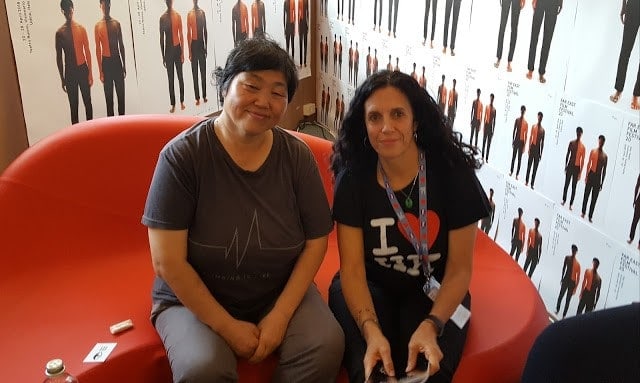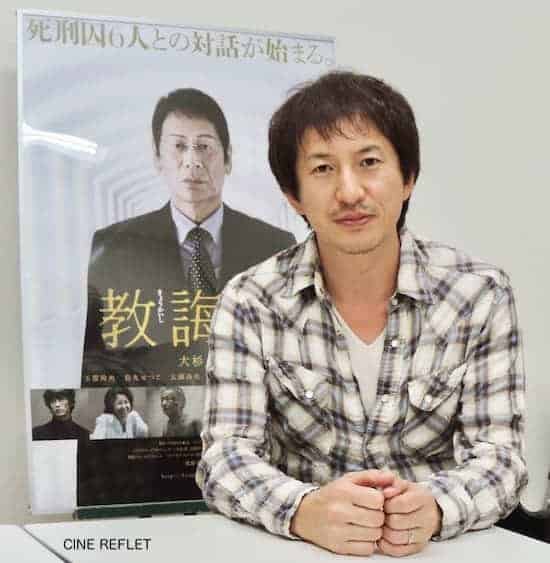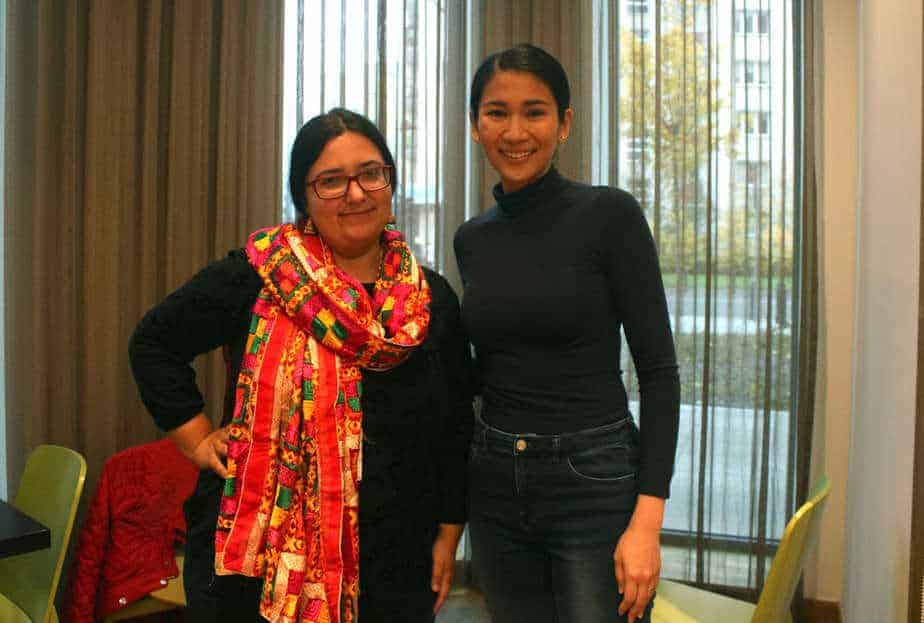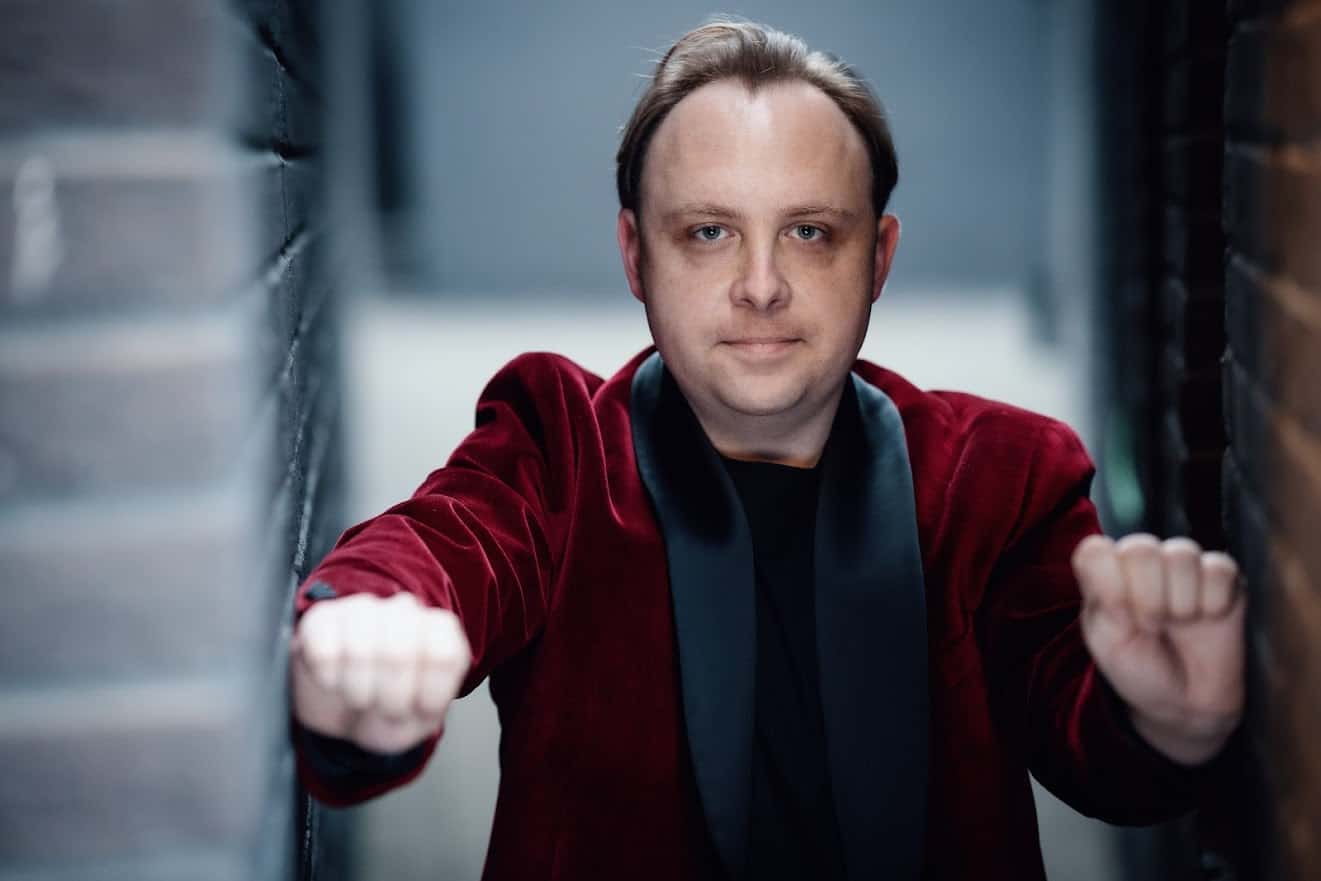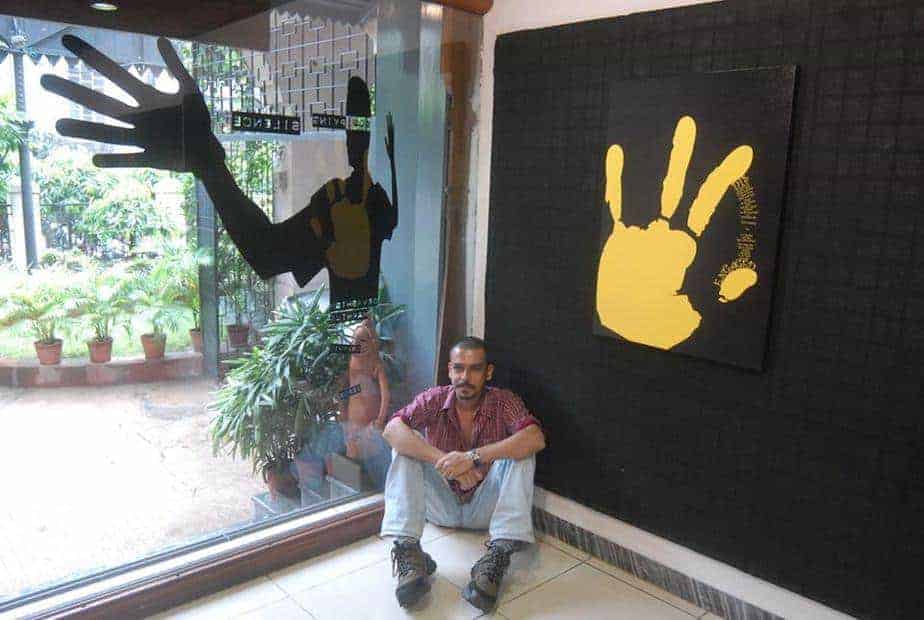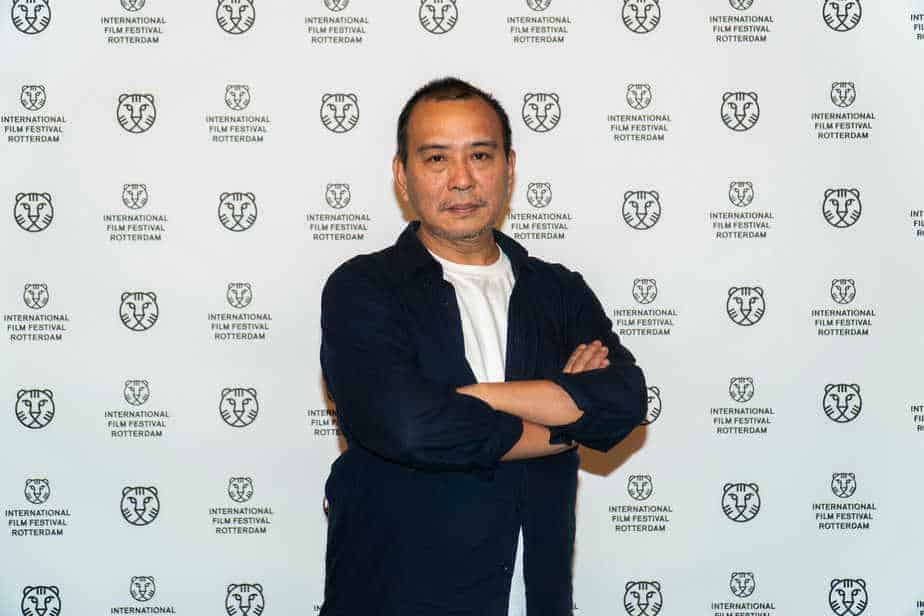Born in 1961 in Incheon, Yim Soon-rye graduated from Hanyang University in 1985 with a B.A. in English Literature and an M.A. in Theater and Film. She received her master's degree in Film Studies from Paris 8 University in 1992 with a thesis titled “Study on Kenji Mizoguchi”. Upon her return to Korea in 1993, she worked as an assistant director on Yeo Kyun-dong's “Out to the World”. In 1994, she directed her first short film “Promenade in the Rain”, which won the Grand Prize and the Press Award at the 1st Seoul International Short Film Festival.
She made her feature film debut with “Three Friends” (1996), which explored Korean masculinity and marginalization through the lives of three young men who have difficulty adjusting to the social system. It won the NETPAC Award at the 6th Pusan International Film Festival.
Her films include both critical acclaimed films such as “Walkiki Brothers” and commercial hits like “Forever the Moment” and “Whistle Blower”.
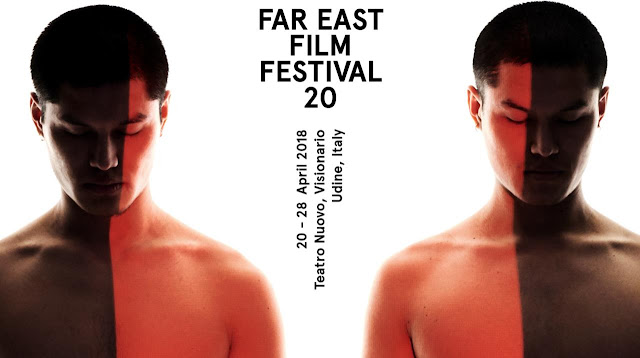
On the occasion of her film “Little Forest” screening at Far East Film Festival, we speak with her about the soothing power of the film, vegetarian food, the gender disparity in Korean film industry and more.
I know you are very familiar with Japanese literature and it's not the first time you adapt an original source material from Japan. Can you tell us how this idea of “Little Forest” came about? Did you know the original manga or the Japanese film adaptation?
Actually, it wasn't my idea to do a Korean version of “Little Forest” but the producers'. The president of the production company watched the Japanese films (it's a two-part movie) and he was very impressed, as he felt healed by the power of the movie and he asked me to work on this project. Also, I was very intrigued by the subject matter and I wanted to produce a low budget movie to offer this soothing and healing tool to the young generation in Korea. This is how all started.
What is your personal relationship with food and cooking?
I have been a fish vegetarian for at least 15 years and for me food is linked to the idea of health and wellbeing as well as the concept of ethic. You may have noticed that all the dishes prepared in the film are meat free.
They are also linked to the memories of the protagonist's mum.
Yes, in fact the dishes you see in “Little Forest” can be categorised in three groups. The dishes that relate to the memories with the mother, the dishes that can be prepared with the produces she grows or that she can easily get, and finally, food that is pertinent to the event or the moment, for example when she is with her best friends and she is sad so she feels the need for very spicy food and that is why she prepares that particular dish (Tteok-bokki).
I have noticed a certain parallel with your 2013 movie “South Bound” in this quest for an ideal land and isolation from society. But while “South Bound” was very angry and rebellious, “Little Forest” is very peaceful and soothing. Does it coincide with a moment for you of more relaxed personal life?
(She laughs) No, there wasn't any personal contamination but yes, the two main characters of “South Bound” and “Little Forest” both want to escape but they have very different characters. In “South Bound”, he is a violent man and an activist ready for fights and therefore, the tone of the movie is angrier. In this film, the character is not like that at all. So the different mood is nothing personal, just a consequence of using different characters.
You are one of the few women directors in South Korea. Do you feel more challenged than your male colleagues, and does this affect your choice of subjects?
I don't pick subjects or topics intentionally if they are about women, I choose whatever attracts me. But the difficulty for talented women working in South Korea is that mainstream cinema is very male-orientated in genre and size of investment, and women directors are more comfortable with smaller or personal narratives. It is always dictated by the market, and these are the challenges I face.
And do you feel you have some special responsibilities as a successful and well-known female director?
I think my responsibilities as a director are not really in the production stage but more outside of my films, I participated to the movement #metoo and I helped to build the “Centre for Gender Equality in Korean Film”, an organisation designed to combat inequality in the film industry, because I belong to the first generation of female filmmakers in South Korea and I feel this responsibility.
Yes and you also did “Keeping the Vision Alive: Women in Korean Filmmaking” in 2001, a documentary about the male-dominated Korean film industry. What do you think has changed since that time?
Of course it has been already 17 years since the film was made, so there are definitively more female filmmakers in Korea now, a great increase in quality and quantity; but still, when you see the whole picture of the film industry, the portion is very small so it is still unbalanced. There has been improvement though, since then.
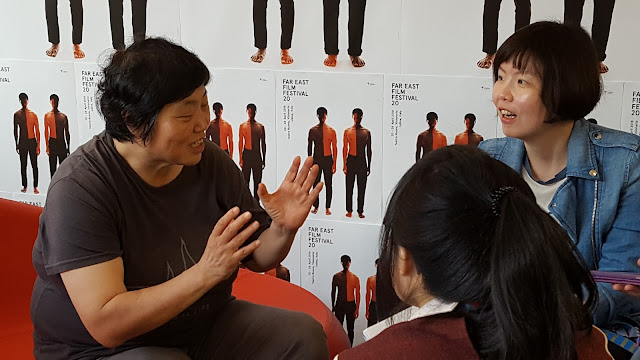
And what could be done in your opinion to level this unbalance?
Well, it is a long process, it cannot be done in short time and it's not only about the film industry. But specifically in the film industry, the distribution system and the investment system should change because, as I said earlier, they are very male-orientated and also there should be some sort of support for women filmmakers. But it's in the whole society that the gender equality concept should be improved, there should be some active movements and eventually, maybe slowly, some changes will occur.
Back to “Little Forest”, your film shows something that in Europe is becoming a trend. Young people start to rediscover rural life and agriculture and there is a movement toward the countryside. Is it something that happens in Korea too?
Actually, in Korea this is not happening yet, I think because rural life is really difficult in Korea and our agricultural industry is very unstable and you need a lot of courage to relocate in the countryside and face those challenges. People are still very attracted to life in the big cities and although by watching the movie lots of young people felt an attraction, it will take some more time to happen. I hope it will happen.


